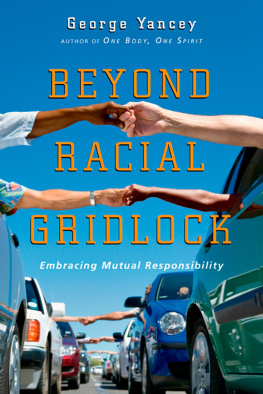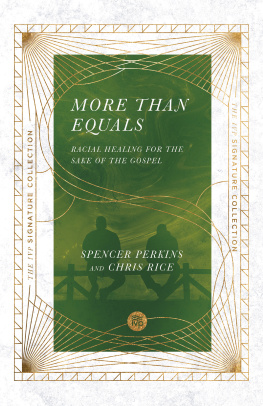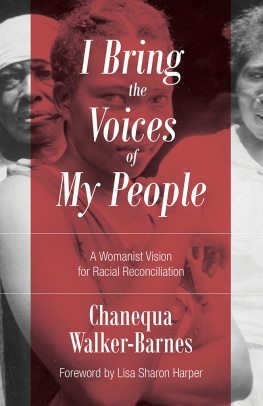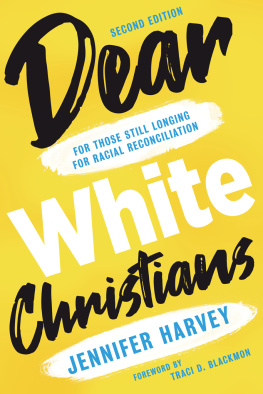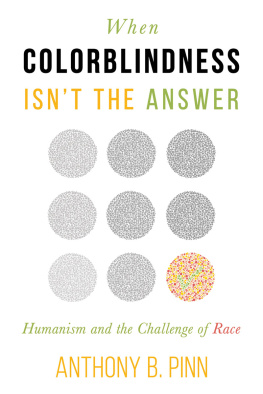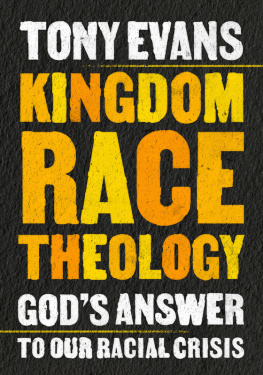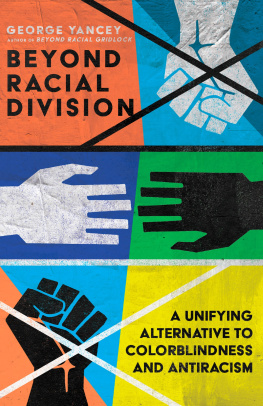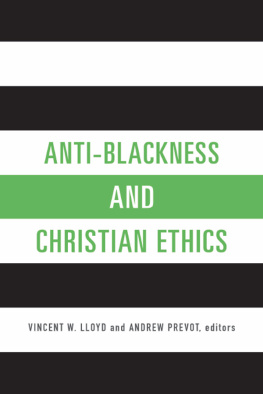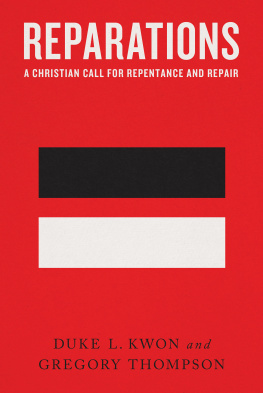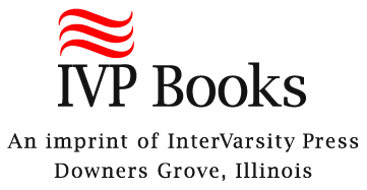Sommaire
Pagination de l'dition papier
Guide
InterVarsity Press
P.O. Box 1400, Downers Grove, IL 60515-1426
World Wide Web: www.ivpress.com
E-mail:
2006 by George Yancey
All rights reserved. No part of this book may be reproduced in any form without written permission from InterVarsity Press.
InterVarsity Pressis the book-publishing division of InterVarsity Christian Fellowship/USA, a student movement active on campus at hundreds of universities, colleges and schools of nursing in the United States of America, and a member movement of the International Fellowship of Evangelical Students. For information about local and regional activities, write Public Relations Dept., InterVarsity Christian Fellowship/USA, 6400 Schroeder Rd., P.O. Box 7895, Madison, WI 53707-7895, or visit the IVCF website at .
All Scripture quotations, unless otherwise indicated, are taken from the Holy Bible, New International Version. NIV. Copyright 1973, 1978, 1984 by International Bible Society. Used by permission of Zondervan Publishing House. All rights reserved.
Design: Cindy Kiple
Images: Martin Barraud/Getty Images
ISBN: 978-0-8308-7455-2 (digital)
ISBN: 978-0-8308-3376-4 (print)
This digital document has been produced by Nord Compo.
Introduction
W ith every passing year, a few more gray hairs appear in my mane. These hairs are both welcomed and feared. They are feared because they remind me of my declining physical abilities. But they are welcomed because they help me to look my age. I have been both blessed and cursed with a youthful appearance. After college I spent a year substitute teaching. The regular teachers often mistook me for a high school student, and once for a junior high student.
Perhaps my appearance explains why, until recently, I often heard a sound familiar to black men under the age of thirty: KA-CHUNK! It is the sound of car doors locking. I have heard this sound as I walked through a parking lot and even as a car whizzed past me at forty mph. It is a sound of the fear which whites still feel toward blacks in our society. It is a sound which represents the higher incarceration rates of blacks and the beating of Rodney King. It is a sound which many black men come to hate. And make no mistake about it: it is a sound reserved for black men. When I asked my sociology students about the sound of car doors locking, black men were the only ones who had heard it, with one exception, a Puerto Rican female.
I point out the phenomenon of locked car doors to suggest that we have not come as far as we like to think in our attempts to eradicate our racist past. Have our societys problems of racism gone away? Clearly not. Are we still trapped by racial prejudice and discrimination, more than forty years after the enactment of the great civil rights legislation? Yes, as the locking of car doors demonstrates. Can the next generation of Americans improve on the previous generations record of racial healing? Perhaps, but there is no guarantee of improvement. I often ask my students for answers to the racial problems we have discussed in class. They sometimes argue that when younger folks grow up, they will not have the prejudice of older Americans. I respect their conviction. But I suspect that college students in the 1960s probably felt the same way.
If we are going to solve the problem of race in our society, I am convinced that we must make an intentional effort. We did make a strong intentional effort in the 1960s through the development of civil rights legislation. Perhaps laws and regulations have brought us as far as they can. Laws and regulations, while good and necessary, are not enough. Unless we can get at the soul of our nation, we will remain mired in the garbage of racism.
As Christians, if we are to touch the soul of this nation, we must look to our faith. We must recognize the spiritual problems that racism creates for us. Christians have a responsibility to play a significant role in bringing about a future free from the pain of racism. Our Christian history is a mixture of triumph and failure in this area. For example, Christians supported the movement for the abolition of slavery, but they also pressured Native Americans to give up their own culture. We cannot alter our past successes or failures. We can only look to the shaping of our future race relations.
What does our Christian faith offer to help solve these problems? Is there a unique Christian solution, different from any of our societys secular alternatives? Or must Christians try to solve the problems of racism in precisely the same way as non-Christians? If that is the case, then can Christians profess to have anything unique to offer to help solve one of the most important moral issues of our day?
The problem of racism is the problem of sin. It requires not only a political remedy but a spiritual remedy as well. Racial issues are about how we treat each other, and our relationships with each other are clearly of concern to God. If this is true, then Christians have much to say about how we treat people of different races. We have moral and spiritual insight which can help our fellow Americans deal with racial issues. Unfortunately, all too often we have relied on secular solutions instead of searching our own faith for answers. To find answers that are distinctively Christian, we must be honest about our own biases. We must take an honest look at the Scriptures.
A PARALLEL: THE MORAL ISSUE OF ABORTION
Racism is not the only moral issue that confronts Christians in our society. The most publicized issue is abortion. Research indicates that a persons position on abortion is related to the persons religious faith. Those without a strong faith are likely to dismiss the moral questions that surround abortion. For them abortion is a procedure undergone by women who feel that they are not ready for motherhood. Perhaps the question of fetal viability raises the question of the extent of a mothers rights in the later stages of the pregnancy, but most people with a low priority on religious faith support abortion within the first three months of pregnancy.
Christians, however, generally hold a contrasting perspective on abortion. Most Christians do not regard life as something that begins at a point of fetal viability. God gives all life. In the eyes of believers, the age of the fetus does not make it more human or less human. God, rather than the ability to live without biological assistance, gives human beings value; therefore Christians must challenge the affront of abortion. While Christians debate possible justifications for abortion (rape, incest, to protect the life of the mother) they hold a general consensus about the evil of this practice. For this reason, even Christians such as black evangelicals who are politically liberal on other issues still tend to oppose abortion.
Of course we cannot say that all Christians oppose abortion, any more than we can say that all non-Christians support it. Christians may find reasons to support abortion despite the concept of God-given human worth, and non-Christians may find secular arguments to oppose the practice. Clearly our Christian theology has helped us formulate a perspective on abortion which differs from the perspective of those who lack a strong Christian worldview. How Christians have responded to abortion demonstrates that Christianity may provide a distinctive stance toward a moral issue.

